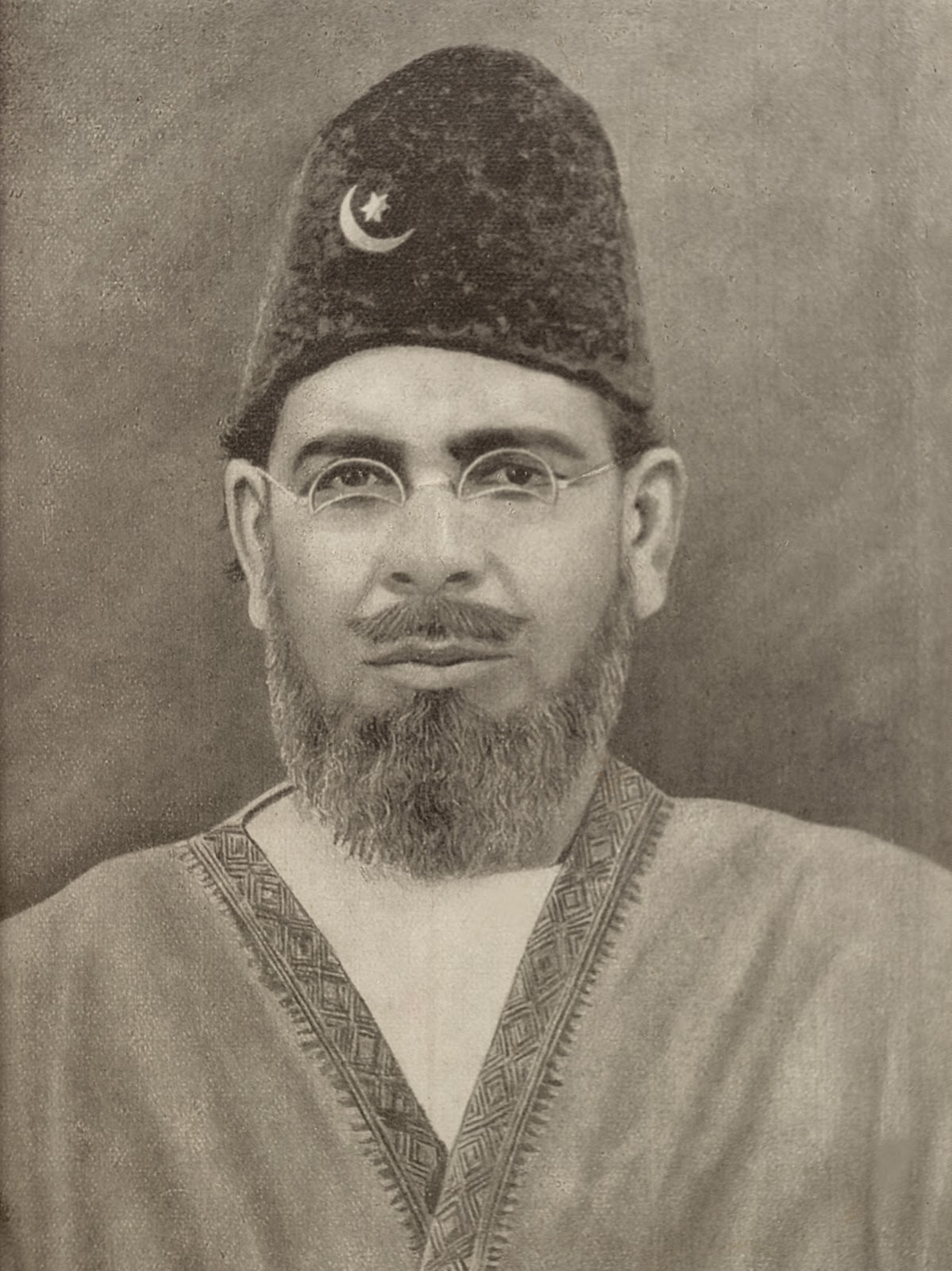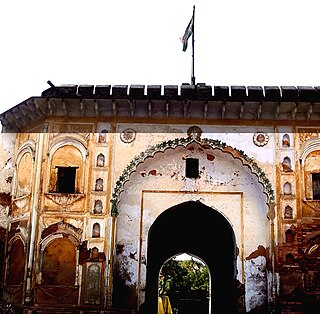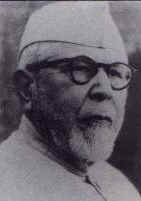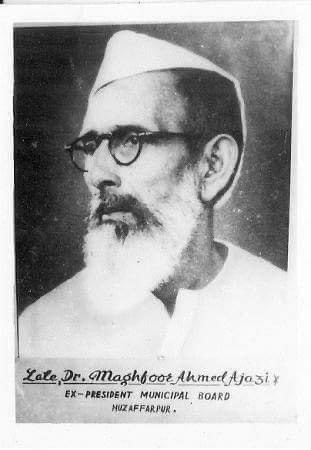The Progressive Writers' Association or the Progressive Writers' Movement of India or Anjuman Tarraqi Pasand Mussanafin-e-Hind or Akhil Bhartiya Pragatishil Lekhak Sangh was a progressive literary movement in pre-partition British India. Some branches of this writers' group existed around the world besides in India and Pakistan.

The Constituent Assembly of India was elected to frame the Constitution of India. It was elected by the 'Provincial Assembly'. Following India's independence from the British rule in 1947, its members served as the nation's first Parliament as the 'Provisional Parliament of India'.

Rashid Jahan was an Indian writer and medical doctor known for her Urdu literature and trenchant social commentaries. She wrote short stories and plays and contributed to Angarey (1932), a collection of unconventional short stories written in collaboration with Sajjad Zaheer, Ahmed Ali, and Mahmuduz Zafar.
Syed Sajjad Zaheer was an Indian Urdu writer, Marxist ideologue and radical revolutionary who worked in both India and Pakistan. In the pre-independence era, he was a member of the Communist Party of India and the Progressive Writers' Movement. Upon independence and partition, he moved to the newly created Pakistan and became a founding member of the Communist Party of Pakistan.

Muhammad Ali Jauhar was an Indian Muslim activist, prominent member of the All-India Muslim League, Indian National Congress, journalist and a poet, a leading figure of the Khilafat Movement and one of the founders of Jamia Millia Islamia.

Sadabad is a town and a nagar panchayat in Hathras district in the Indian state of Uttar Pradesh.

Mohammad Yunus was the first Premier of British India's Bihar Province. During his career, the heads of provincial governments were called Prime Ministers. He governed for three months in 1937, during the state's first democratic election.

Mohammad Habib (1895–1971) was an Indian historian, who worked at the Aligarh Muslim University. He was involved in the Indian Independence movement, and was an associate of both Gandhi and Jawaharlal Nehru.
Sir Syed Wazir Hasan was an Indian jurist and Secretary and later President of the All-India Muslim League. A practitioner in the Judicial Commissioner's Court, he was the first Indian Chief Justice of the Awadh Chief Court (1930–1934). His Presidential address at the 24th Session, of Muslim League, held on 11–12 April 1936 in Bombay, was noted for its call of Hindu-Muslim unity, before the call for separate Muslim state was raised by Jinnah the very next year.
Syed Mahmud (1889–1971) was an Indian politician and senior leader in the Indian National Congress during the Indian independence movement and in post-independence India.

Abdul Majeed Khwaja was an Indian lawyer, educationist, social reformer and freedom fighter from Aligarh. In 1920, he along with others founded Jamia Millia Islamia and later served its vice chancellor and chancellor.

Maghfoor Ahmad Ajazi was a political activist from Bihar, prominent in the Indian independence movement.

Z.A. Ahmed was an Indian politician from Uttar Pradesh, belonging to the Communist Party of India. In the 1930s, acting on instructions from the CPI, he joined the Congress Socialist Party in which he served as All India Joint Secretary. After a brief period in exile in Pakistan in the 1940s, Ahmed returned to India and became Secretary of the Uttar Pradesh Committee of the CPI. He subsequently served in the Rajya Sabha for four terms, his last term ending in 1994.
Ashraf Ali Khan (1898-1975) also known as Kunwar Mohammad Ashraf Ali Khan was an Indian National Congress politician and independence activist from Sadabad, Uttar Pradesh, India.
Abdul Aleem was a scholar, educationist, journalist and writer in Urdu. He was the professor of Arabic at Aligarh Muslim University, and also served as its vice-chancellor from 1968 to 1974.
Dr. Syed Tufail Hasan is an Indian politician who has been a Member of Lok Sabha for Moradabad since 2019.
Razia Sajjad Zaheer was an Indian writer in the Urdu language, a translator, and a prominent member of the Progressive Writers Association. She won the Uttar Pradesh Sahitya Akademi Award as well as the Soviet Land Nehru Award.
Qaumi Jang was an Urdu language weekly newspaper published by the Communist Party of India from Bombay during World War II. It was founded in 1942 as the Urdu edition of People's War. Qaumi Jang was the central party organ in Urdu.
Hajrah Begum (1910-2003) was an Indian politician, a leader of the Communist Party of India and the former General Secretary National Federation of Indian Women (NFIW) from 1954 to 1962.
Sunil Mukherjee was an Indian politician and leader of Communist Party of India. He was the founder secretary of Communist Party of India Bihar unit.









